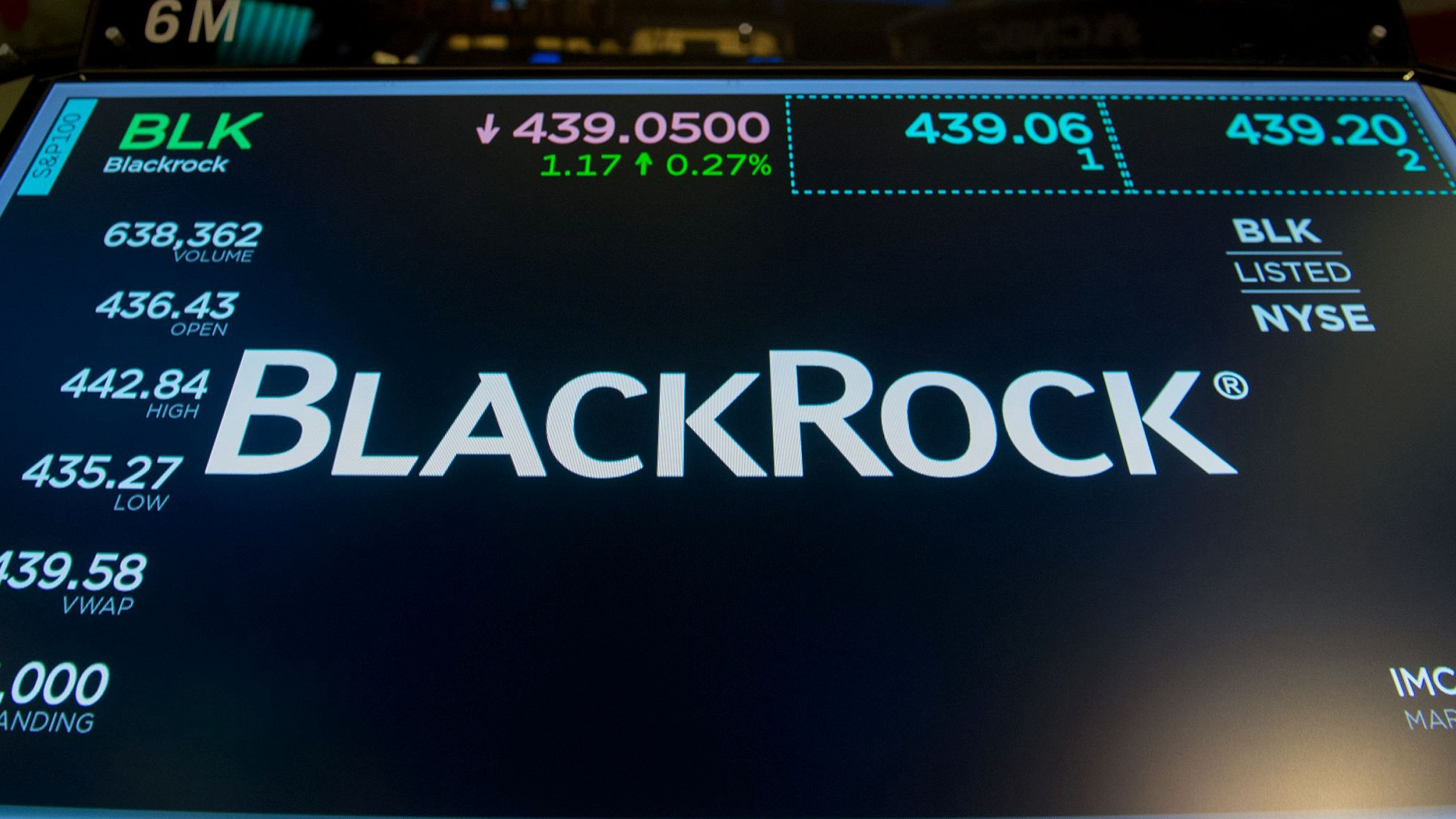

BlackRock Inc, the world’s largest asset manager, took in less cash last quarter as investors moved into lower-cost bond funds, and it made less money lending out stocks.
The company, manager of 6.8 trillion U.S. dollars in assets, missed analysts' estimates for quarterly sales and profits on Friday, despite attracting 151 billion U.S. dollars in new money, as much of that cash moved into lower-fee fixed income funds and accounts used to store cash.
The company's revenue for the three months through June 30 fell 2.2 percent to 3.52 billion U.S. dollars from a year earlier, affected also by some fee cuts the company has made and lower fees for attaining performance targets.
The decline in fees for lending out stocks resulted from reduced demand by borrowers, typically hedge funds that want to “short” them, selling the stocks and hoping to buy them back later at a lower cost.

VCG Photo
Investors did pour more money into BlackRock's actively managed funds aimed at beating the market over the low-fee passive-investment products. The company also reported 20 percent growth in its business of licensing software and other technology to other financial companies.
Meanwhile, BlackRock said its iShares-branded ETFs took in 36.10 billion U.S. dollars of new money, up from 30.69 billion U.S. dollars in the preceding quarter.
While the revenue decline "reflected certain market headwinds, our second quarter results validate BlackRock's unique ability to bring together the entire firm to meet clients' needs in any market environment," Chief Executive Larry Fink said in a statement.
Net income attributable to New York-based BlackRock fell to one billion U.S. dollars, or 6.41 U.S. dollars per share, from 1.07 billion U.S. dollars, or 6.62 U.S. dollars per share, a year earlier. The company cited expenses related to recent acquisitions and a higher effective tax rate.
Analysts had expected a profit of 6.50 U.S. dollars per share, according to IBES data from Refinitiv.
Total expenses rose nearly 4 percent to 2.25 billion U.S. dollars.
Shares of the company were up marginally before the opening bell.

Copyright © 2018 CGTN. Beijing ICP prepared NO.16065310-3
Copyright © 2018 CGTN. Beijing ICP prepared NO.16065310-3